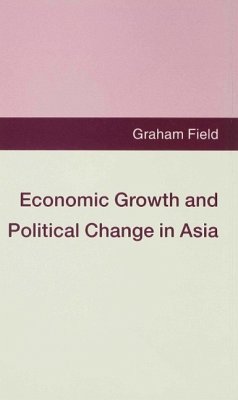
Building Policy Legitimacy in Japan
Political Behaviour beyond Rational Choice
Versandkostenfrei!
Versandfertig in 1-2 Wochen
40,99 €
inkl. MwSt.

PAYBACK Punkte
20 °P sammeln!
Why do politicians sometimes make unpopular or contested policies that could damage their electoral prospects? This is the question Sakamoto tries to answer. Political scientists have long claimed that political behaviour can be explained as actors' self-interested goal-seeking behaviour. But Sakamoto demonstrates that politicians sometimes show behaviour that goes beyond the narrow confines of self-interest and that 'policy legitimacy' is the factor that can preempt or override the forces of self-interest and makes possible the implementation of contested policies by using the case of Japan. ...
Why do politicians sometimes make unpopular or contested policies that could damage their electoral prospects? This is the question Sakamoto tries to answer. Political scientists have long claimed that political behaviour can be explained as actors' self-interested goal-seeking behaviour. But Sakamoto demonstrates that politicians sometimes show behaviour that goes beyond the narrow confines of self-interest and that 'policy legitimacy' is the factor that can preempt or override the forces of self-interest and makes possible the implementation of contested policies by using the case of Japan. This innovative study will be of interest to students of Japanese politics, legislative studies and of rational choice theory.












